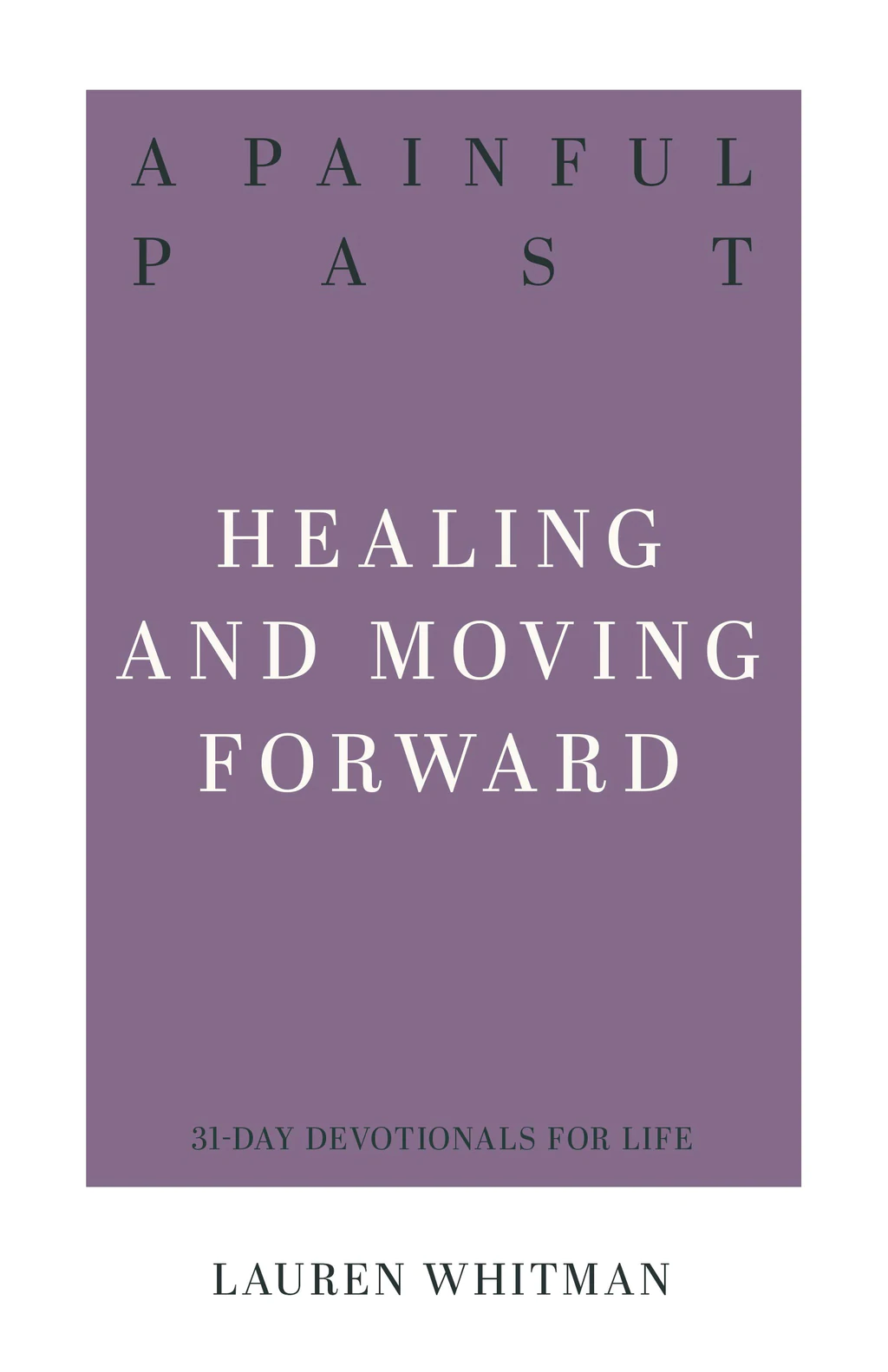A Painful Past - Healing and Moving Forward
How to heal from a painful past? Bible passages about healing? Lauren Whitman seeks to give a gentle and devotional answer, but I don't know if I would recommend it.

Lauren Whitman seeks to give a gentle and devotional answer on how to heal from a painful past.
Summary
Ms. Whitman breaks her 31 days into four sections: (1) Who is your God? (2) Your Painful Past (3) Your Transformed Present (4) Your Secured Future. Overall this is a good trajectory. She discusses various truths about God, the believer’s position in Christ, the importance of lamenting, being honest, and not letting the past define you. These are great things for any believer to think about and remember. It leans towards a “me” centered therapeutic gospel approach and often points to God and Christ for what the reader can get from them.
Score Breakdown:
Treatment of Scripture:
Ms. Whitman does not take verses out of context and sometimes brings in historical background. At times she does not flesh out the verse very much and springboards off, but it’s not too bad. She turns to scripture as the basis of what she talks about most of the time, but at times when she pulls in other concepts and terms which are not connected to the text. There were a few extrapolations that were on the verge of misinterpretation. Also, the introduction did not have any scripture references despite many allusions.
Biblical Goals:
The goals that Ms. Whitman seems to establish for the book are healing from the past and moving on. By themselves, these are not Biblical goals. A biblical goal would be to learn how to honor the Lord in dealing with the past and responding to it. Her approach is not focused on honoring Christ first and how that means moving on.
Biblical Terminology:
Throughout the book, Ms. Whitman is a bit vague and abstract in her concepts. “Healing” and “broken” are often mentioned without any clear definition or Biblical input to these terms. She attributes these terms to biblical characters and passages and it’s a stretch. There are other terms mentioned such as “unhealthy behaviors,” “unloading,” and “story. There is little to no mention of the heart throughout the whole book (It’s important: Proverbs 4:23). She does not mention past struggles as “trials” and does not define what God’s future good means.
Biblical Hope:
Ms. Whitman does a good job of pointing the reader to God’s attributes and their identity in Christ as a basis for hope. She chooses good bible verses and passages to think through healing from the past. She brings in the future hope of heaven which is great but does not mention that heaven has no more sin. I am not sure why. At the same time, she sometimes slants this biblical hope to a bit more self-focused and less God-focused.
Gospel Concepts:
Throughout the book, she almost touches on the gospel but continues to be vague. She seems to lean towards the therapeutic gospel by talking about how the gospel is comfort. While a benefit of the gospel is comfort, it is concerning to say they are one and the same. She does not clearly say that the reader has sinned and needs to repent. There is no clear gospel presentation, though it could have been easily added.
Practicality and Helpfulness:
Ms. Whitman’s discussion questions and projects are alright but could have been more concrete and rooted in the passage. As for the actual practicality of the book for working through a painful past, I think that it is helpful to an extent. While encouraging, the book leaves a lot of questions and practical applications unanswered. It does not talk about the heart struggles which may be going on with the reader. Some of her terms such as “surrender unhealthy behaviors” and “unload what you’re carrying” did not have much biblical insight and direction.
Discipleship Use:
I do not recommend this book to be used in formal counseling, discipleship, or Bible study setting. There are better books on this topic for those struggling. This book may be helpful when a person is overwhelmed by their past and was innocently sinned against. It must be accompanied by other in-depth biblical instruction.
Personal Use:
I recommend other books if you are struggling with dealing with the past. If you do want to read it, be discerning and think through the goals and terminology Ms. Whitman uses. You will be encouraged, but may not be as helpful in dealing with the past as other resources.
Other Thoughts:
At the beginning of the book, she mentions that this book will give insights into regretting past decisions. She does not specifically address this issue and seems to assume that the one struggling with their past did not really do much wrong. I think it would have been very helpful to have a chapter on regret.

Add a Comment